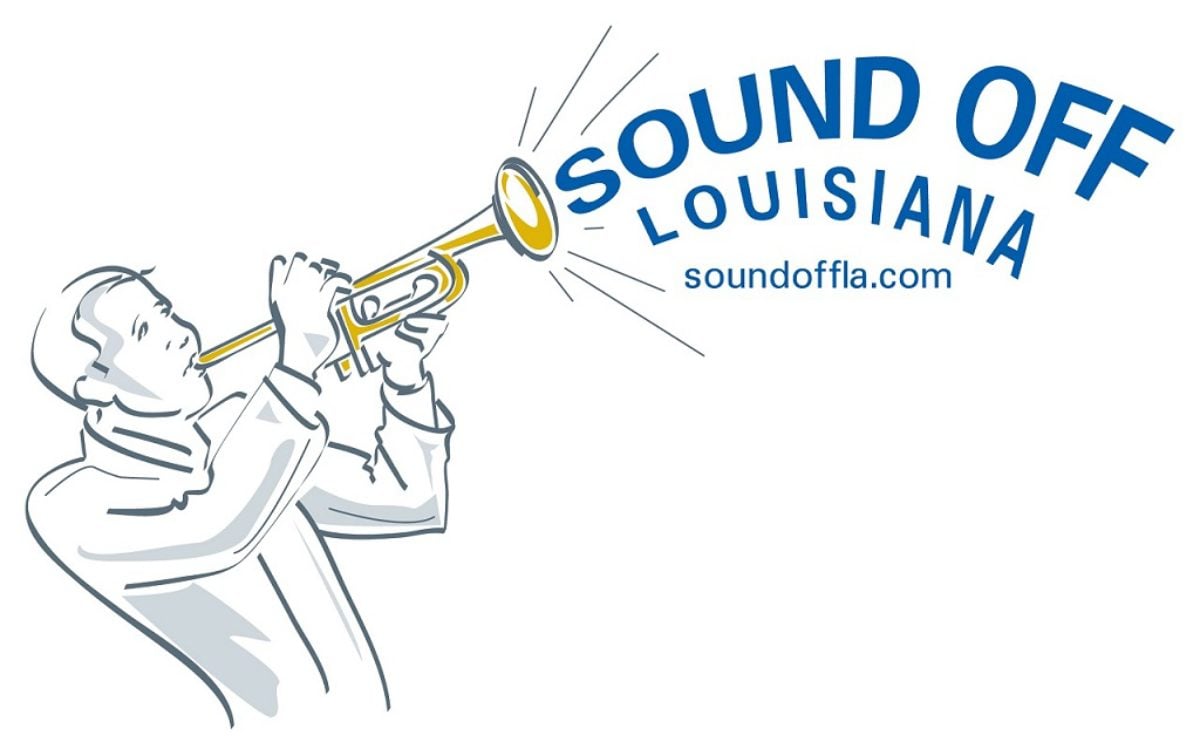Louisiana Gov. Jeff Landry (photo courtesy of The Advocate).
In today’s Sound Off Louisiana feature, founder Robert Burns addresses the payments now being made to college athletes with a focus on a little-covered bill in the Louisiana Legislature this past session to provide an additional $34 million in such payments via Gov. Landry’s proposal to hike the tax on online sports wagering in Louisiana:
9/23/25: Burns elaborates on the framework under which college athletes are now paid and provides his strategy for circumventing HB-639, a boost on the tax on online sports betting which is estimated to generate $34 million to facilitate such payments. Note that Burns inadvertently referenced the drive thru order taker at Raising Cane’s as “Peyton” Manning when that should have been “Cooper” Manning! [Note: We apologize for the intermittent blurring that transpires on the above video].
Source material and props utilized in the above video:
- Former LSU wide receiver Abram Booty’s efforts to produce movie “work horses” to focus on alleged exploitation of college athletes.
- Fox Sports’ ranking of top NIL college football players’ earnings.
- Hilarious Raising Cane’s commercial with Arch Manning, Archie Manning, Cooper Manning (Arch Manning’s dad), Garret Nussmeier (whose father, Doug, is an assistant coach with the Saints), and Raising Canes founder Todd Graves.
- Advocate article entailing the onset of universities being able to DIRECTLY pay college athletes with a cap of $20.5 million per school.
From the above Advocate article:
That night marked a monumental shift in college sports. Under the settlement, Division I schools now can pay players for the first time starting July 1. Similar to other major programs, LSU plans to pay its athletes the maximum $20.5 million during the upcoming school year
As a result, LSU officials projected a usually profitable athletic department to have an $8 million deficit during the upcoming fiscal year. Zinn said LSU “will work aggressively to mitigate that” and could balance its budget by the 2027 fiscal year.
……..how third-party NIL could let them exceed the cap, their search for more money and why they feel confident in the future.
The cap will increase annually by 4% and be reevaluated every three years. LSU plans to meet the cap as it rises throughout the 10-year settlement.
5. HB-639 in 2025 Regular Legislative Session.
6. Original Fiscal Note for HB-639.
7. Final Enrolled Fiscal Note on HB-639.
We placed the estimated fiscal impacts within the text during segments of the above video, but let us produce a table which succinctly summarizes those impacts:
| Estimated Tax Generated and Estimated Cash Flow Into (Out of) Individual Fund | Original Bill as Drafted (increase tax from 15% to 33%). | Amended Bill as Approved by Legislature and Singed into Law by Gov. Landry (increase tax from 15% to 21.5%). |
|---|---|---|
| Total Estimated Taxes to be Generated | $68 Million. | $28 Million. |
| Cash Flowing Into Statutory Dedication SPORT (Supporting Programs, Opportunities, Resources, and Teams) Fund. | $53 Million. | $34 Million. |
| Cash Flowing Into (Out of) Louisiana's General Fund. | $15 Million. | ($6 Million). |
8. Link for approval of Coushatta compact eliminating tax on bets at its Indian Casino.
9. Highlights of the January 2024 Amendment of the Coushatta Compact eliminating the tax on its gaming activities:
10. Burns draining Draft Kings online sporting account of all but $300 when bill passage became obvious:
11. Coushatta Casino Sports Bet (ZERO tax):
12. Draft Kings bet placed at Queen Casino (HB-639 impacts ONLINE sports bets only and NOT bets placed at brick-and-mortar facilities for which the sports betting tax remains at 10 percent!!).
13. Online Draft Kings bet when boosts and incentives (e.g. “no sweat bet” or “profit boost”) are offered. For those bets, which are typically limited to $5 or $10, Burns will continue to make online (hence leaving $300 in the online account) because: #1) they tilt the odds in the bettor’s favor, and #2) they are miniscule compared to the larger bets Burns used to make online prior to the passage of HB-639 and Gov. Landry signing the measure into law.
So, that’s it in a nutshell regarding our stance on HB-639. Perhaps others think the measure is fantastic, and maybe a few folk seeing this feature may haul off and open online sports betting accounts to help keep college athletics programs competitive with others across the country. That’s the chief argument advanced by proponents of the measure.
Nevertheless, as Burns states on the video, that sentiment is not the feedback he’s gotten from a number of former online sports bettors who have literally walked away from sports betting altogether after the passage of HB-639.
It’s important to note that those fiscal notes linked above hinge on online sports betting remaining constant. We guess those forecasts would go up in smoke if many folk do like Burns is doing or others he has spoken with about the measure. In our opinion, the existing program was working just fine, but Gov. Landry opted to try to fix something that clearly was not even remotely broken by pushing HB-639 as strongly as he did! The result, at least for us, will be a dramatic decline in the sports wagering taxes we generate for Louisiana, and we’ve illustrated above and stated on the video how we intend to accomplish that goal.
Now, if Landry opts to get “cute” and advance another measure to further tax brick-and-mortar bets to fund SPORT, it’s not something we want to do, but make no mistake, we will join others who have totally walked away from making sports bets at all in light of the passage of HB-639!











